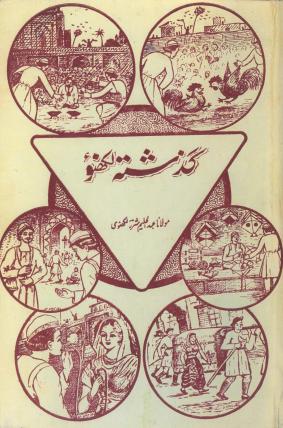In the late nineteenth century, the definition of sharafat, or respectability, went through great change. This essay explores these changes through Fasana-e Azad (1878–1883), an early Urdu novel. Fasana-e Azad expanded the vocabulary of sharafat, using words like bhal mānsī (the quality of being a good person) to lift respectability above religious categories. Respectability was no longer to be associated with family background, or the Islamicate culture of the Mughal court. Rather, civility and proper behaviour and actions were to be its basis. Through its protagonist Azad, Fasana-e Azad proposed a reformed sharafat, defined in distinction to old elites and the lower classes. Its heroine Husn Ara represented a model of the new sharif woman, an educated, independent, autonomous thinker who exercised remarkable agency for her time. Fasana-e Azad attempted to secularize sharafat, offering a new vision of respectability in the context of social mobility and change in colonial South Asia.
